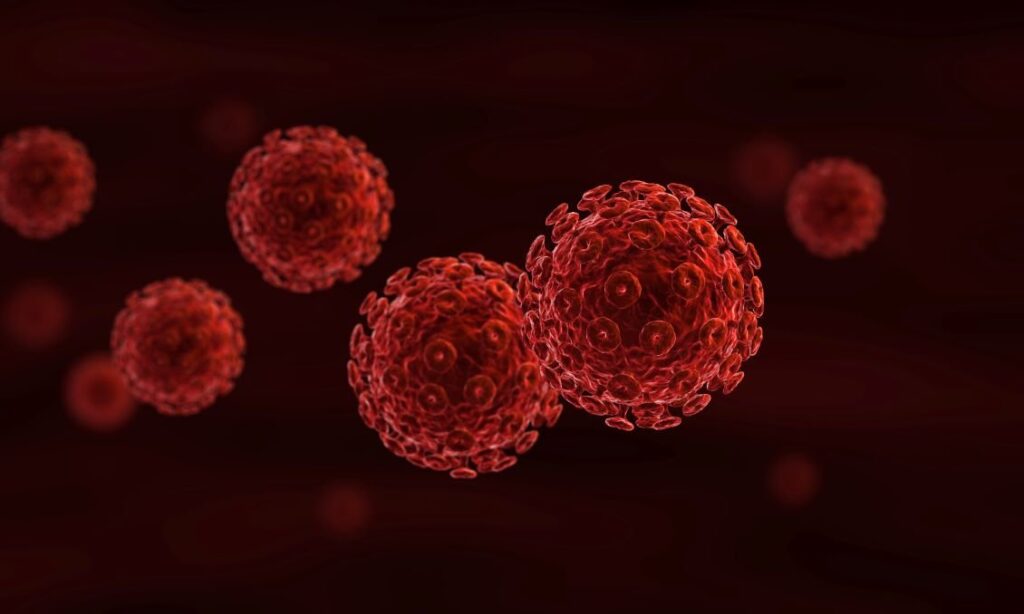December 20, 2024
• Research Highlight
Despite significant advancements in medical research and the availability of antiretroviral medications, the fight against HIV continues to represent a major health challenge globally. These medications are effective in managing the symptoms of HIV and significantly reduce the risk of transmission, yet a definitive cure remains elusive. This ongoing struggle highlights the complexities of HIV infection and the necessity for innovative treatment strategies that go beyond symptom management.
One of the most formidable obstacles in eradicating HIV is its ability to enter a dormant state within the body, allowing the virus to evade treatments and later reactivate. This latency is particularly concerning when it comes to HIV residing in the brain, where access is severely restricted due to the blood-brain barrier. This protective membrane around the brain often prevents effective delivery of therapeutic agents, making it difficult to target viral reservoirs that may lead to future outbreaks of the disease.
In a recent study funded by the NIMH, researchers investigated a promising therapeutic approach by testing a drug known as BLZ945, which specifically targets a type of immune cell called macrophages. By focusing on these immune cells, the study aims to identify new avenues for eliminating HIV from the brain and potentially achieving complete viral suppression.
Understanding the Mechanism of Action for BLZ945
Macrophages play a crucial role in the lifecycle of HIV, acting as a primary means through which the virus propagates and disseminates within the brain. When these immune cells become infected, they can persist even during antiretroviral therapy, serving as a reservoir for chronic HIV infection. By targeting macrophages with BLZ945, researchers hope to disrupt the cycle of infection and contribute to the eradication of HIV from the central nervous system.
BLZ945 is designed as a small molecule that can penetrate the blood-brain barrier effectively. Its mechanism involves inhibiting a protein on the surface of macrophages known as CSF1R. This inhibition prevents the macrophages from proliferating and becoming activated, thereby reducing their ability to sustain HIV infection within the brain.
In the course of the study, the researchers assessed the impact of BLZ945 on the simian immunodeficiency virus (SIV), a virus closely related to HIV that affects primates. The research team, led by Dr. Woong-Ki Kim, who is the Associate Director for Research at the Tulane University National Primate Research Center, administered daily doses of either 10 or 30 mg/kg of BLZ945 to SIV-infected primates for a duration of 20 to 30 days, aiming to evaluate the drug’s efficacy.
Key Findings from the BLZ945 Study
The findings revealed a notable decline in the levels of macrophages in the brains of the treated primates, which corresponded with a significant reduction in brain-based SIV levels. These results provide compelling evidence that BLZ945 can effectively target macrophages and thus represent a novel approach to HIV treatment. Importantly, the treatment did not adversely affect other beneficial immune cells in the brain, such as microglia, which are essential for maintaining overall brain health.
Additionally, the study indicated that factors associated with the antiviral immune response increased in the brains of animals treated with BLZ945, suggesting that the drug may enhance the immune system’s ability to eliminate SIV. Notably, there was also a reduction in neuroinflammation observed in the treated animals, which is a critical factor in the overall health of the central nervous system. Interestingly, the treatment did not alter SIV levels in the blood or plasma, indicating a specific targeting of the brain tissue.
While CSF1R inhibitors like BLZ945 are known to have potential side effects, such as liver damage, the researchers found no evidence of such adverse effects in the animals receiving either dose during the study. This finding suggests that when administered at therapeutic levels, BLZ945 may be a safe treatment option for targeting HIV in the brain.
The Implications of These Research Results for HIV Treatment
The implications of this research are significant, indicating that medications like BLZ945, which specifically target macrophages that contribute to the spread and replication of HIV in the brain, could represent a vital strategy for eradicating the virus from these critical tissues. As BLZ945 is currently undergoing testing in human clinical trials for solid tumors, this research paves the way for further studies exploring its effectiveness and safety in treating HIV. This development symbolizes a hopeful step forward in the relentless battle against HIV, enhancing the prospect of a future where the virus may be completely eliminated from the brain.
Reference for Further Reading
Bohannon, D. G., Zablocki-Thomas, L. D., Leung, E. S., Dupont, J. K., Hattler, J. B., Kowalewska, J., Zhao, M., Luo, J., Salemi, M., Amedee, A. M., Li, Q., Kuroda, M. J., & Kim, W. K. (2024). CSF1R inhibition depletes brain macrophages and reduces brain virus burden in SIV-infected macaques. Brain: A Journal of Neurology, 147(9), 3059–3069. https://doi.org/10.1093/brain/awae153
















